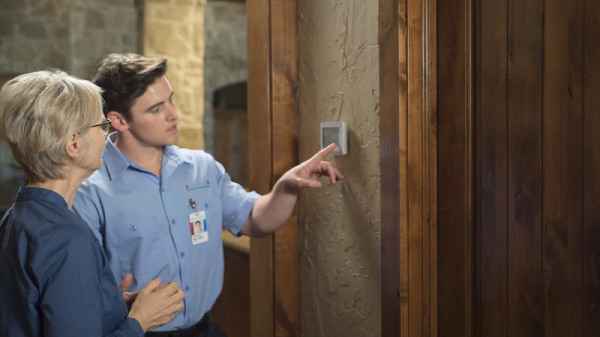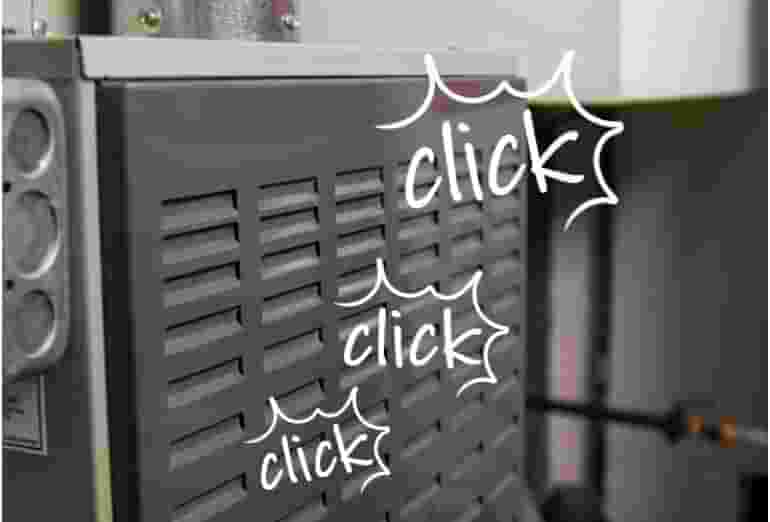A dehumidifier system offers numerous benefits: it enhances air quality, promotes good health, saves you money, and elevates the comfort of your surroundings. Clean air devoid of allergens makes breathing easier. Excessive humidity fosters mold growth and leads to musty odors. Inhaling mold spores can harm your health, posing risks to both adults and children. By extracting excess moisture from the air, a dehumidifier purifies and safeguards your environment.
Beyond health concerns, excessive moisture can inflict damage on your property. Prolonged dampness can cause wood structures to rot, compromising the integrity of your home or commercial space. High humidity levels may also result in warped or buckled floors. Dehumidifiers play a vital role in preserving the interior of your property, shielding electronics, furniture, and fabrics.
Utilizing a dehumidifier to eliminate surplus moisture will make your home feel cooler during the hot summer months. This allows you to raise the thermostat slightly, leading to energy savings on your utility bills. Moreover, drier air is easier for HVAC systems to manage, reducing their operational frequency.
When Should You Use a Dehumidifier?
Many households don't require a dehumidifier year-round. Typically, it's most beneficial during warm, rainy weather and humid summer seasons.
If any area of your home registers humidity levels above 50%, we suggest considering a dehumidifier installation. The professional at Aire Serv® of Dublin, GA can assess the humidity and air quality in your home through comprehensive readings.
Here are indicators that might signal the need for a dehumidifier investment:
- Growth of mold and mildew on walls, ceilings, or other surfaces.
- Presence of a musty odor throughout specific areas or the entire home.
- Condensation forming on the interior side of the windows.
- Warping observed in wood floors or furniture.
- Signs of rot in wood window sills and baseboards.
- Water stains are visible on ceilings and walls.
- Insect infestation indoors.
- Rooms feeling 'stuffy' or 'clammy.'
- Increase in allergy symptoms, colds, and illnesses.
Trouble Areas in Your Home: Basements and Bathrooms
Basements are notorious for their high humidity levels and dampness. Common causes include leaking groundwater, humid air, improperly vented appliances, and poor insulation. A permanent dehumidifier for your basement is an effective solution to prevent mold, mildew, and pest infestations.
Your bathroom likely ranks as the most humid space in your home due to hot baths and steamy showers. While a whole-house dehumidifier can help lower overall humidity levels, it's crucial to install proper ventilation like a fan that exhausts moist air outside. This will safeguard your bathroom and attic from mold and mildew growth.
Trust Aire Serv® of Dublin, GA for All Your Dehumidification Needs
For seamless whole-house dehumidifier installation, count on Aire Serv® of Dublin, GA to deliver timely results that fit your schedule. Our 24/7 emergency HVAC service ensures you receive prompt assistance without expensive overtime charges - all at consistent rates regardless of the time or day.
Our commitment to getting it right the first time is what distinguishes us from other HVAC providers. With our 'Done Right Promise,' we guarantee that your HVAC service or dehumidifier installation will be completed correctly on the initial visit; otherwise, the appointment is free.
To explore professional home dehumidifier services or installations further, contact us today or schedule a convenient appointment online now.
Dehumidifier FAQs
Do I need a whole-home dehumidifier or a portable one?
Selecting the right dehumidifier for your home is crucial for air quality upkeep. Opt for a portable dehumidifier that fits your space well to avoid frequent emptying or energy waste and noise issues.
Is a whole-house dehumidifier energy-intensive?
Contrary to expectations, dehumidifiers are energy-efficient. A small 30-pint unit uses around 300W, while a larger 70-pint model consumes about 700W – much less than common appliances like hair dryers. Consider installing a more energy-saving option if consumption worries you.
How do I determine the appropriate dehumidifier size?
The ideal dehumidifier size relies on the area's dimensions and humidity levels. Portable units vary in capacity and are smaller than whole-home models suitable for entire properties. Our assessment includes hygrometer readings and home square footage to recommend the most suitable humidifier model for you.
 Click to call
Click to call



